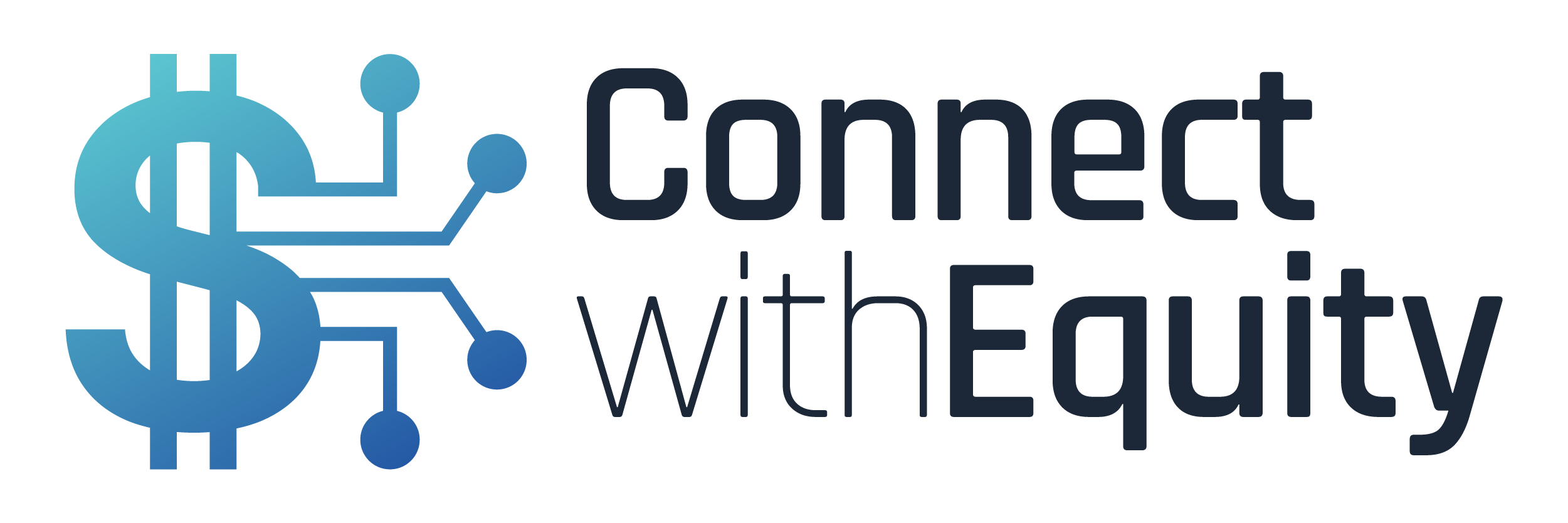Open-source wallets have gained popularity in recent years due to their transparency and accessibility. These wallets allow users to store, send, and receive cryptocurrencies in a decentralized manner, without the need for a central authority. While open-source wallets offer numerous benefits, such as increased security and privacy, there are also concerns about their vulnerabilities and potential risks.
In this article, we will assess the security of open-source wallets and examine the Stable Index Profit factors that contribute to their security or lack thereof. We will discuss common security threats faced by open-source wallets, as well as best practices for mitigating these risks. Additionally, we will explore the advantages and disadvantages of using open-source wallets compared to closed-source alternatives.
One of the key benefits of open-source wallets is their transparency. The source code of open-source wallets is freely available for anyone to review, which allows for greater scrutiny and oversight. This transparency can help to identify and address potential security vulnerabilities before they are exploited by malicious actors. Additionally, open-source wallets benefit from the collective expertise of the global cryptocurrency community, as developers can collaborate to improve the security and functionality of the wallet.
However, despite these advantages, open-source wallets are not immune to security risks. One of the main challenges faced by open-source wallets is the potential for malicious actors to introduce vulnerabilities into the code. This could happen if a developer with malicious intent submits code changes that introduce backdoors or other security weaknesses. To mitigate this risk, open-source wallet developers should implement thorough code review processes and follow best practices for secure coding.
Another common security threat faced by open-source wallets is the risk of software bugs or vulnerabilities. Even with rigorous testing and code review processes, it is possible for vulnerabilities to slip through the cracks and go undetected. These vulnerabilities could be exploited by attackers to steal users’ funds or compromise the security of the wallet. To address this risk, open-source wallet developers should prioritize regular security audits and updates to ensure that the wallet remains secure against emerging threats.
In addition to software vulnerabilities, open-source wallets may also be susceptible to social engineering attacks. For example, attackers could trick users into revealing their private keys or other sensitive information through phishing scams or other deceptive tactics. To protect against these threats, users of open-source wallets should be vigilant and take steps to verify the authenticity of any requests for personal information.
While open-source wallets offer numerous advantages in terms of security and transparency, they also have some drawbacks. One of the main disadvantages of open-source wallets is the potential for fragmentation and lack of standardization. With multiple open-source wallets available, users may face challenges in selecting a wallet that meets their needs and preferences. Additionally, the decentralized nature of open-source development can lead to inconsistencies in features and security practices across different wallets.
In conclusion, the security of open-source wallets is a complex and multifaceted issue that requires careful consideration and attention to detail. While open-source wallets offer numerous benefits in terms of transparency and community collaboration, they also face significant security risks that must be addressed. By following best practices for secure coding, implementing regular security audits, and educating users about potential threats, open-source wallet developers can help to mitigate these risks and build trust among their user base. Ultimately, the success of open-source wallets depends on the ability of developers and users to work together to create a secure and resilient ecosystem for storing and transacting with cryptocurrencies.

Leave a Reply